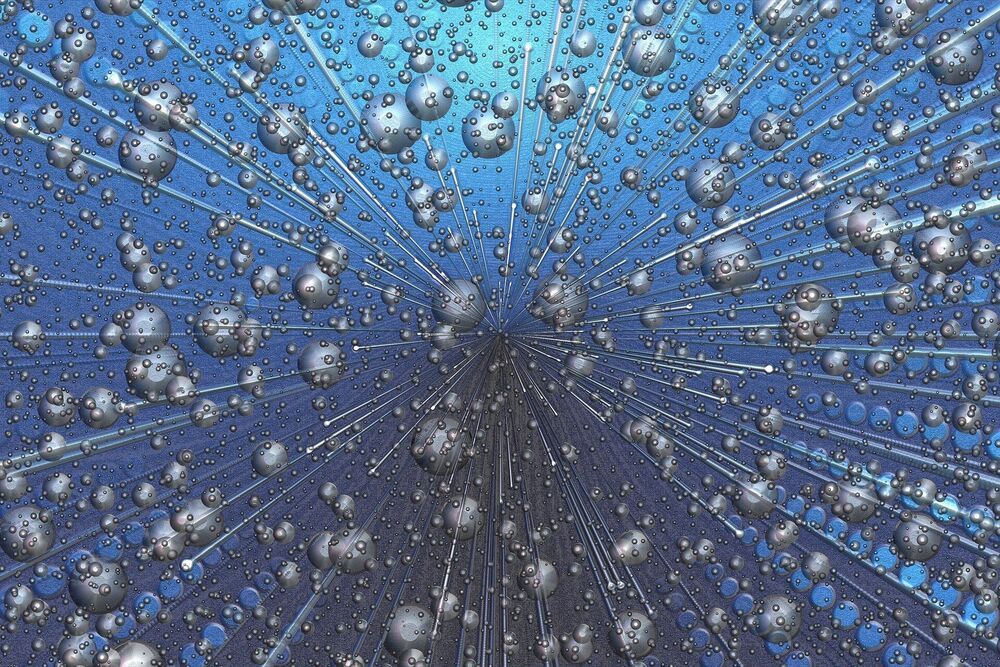Reactive molecules, such as free radicals, can be produced in the body after exposure to certain environments or substances and go on to cause cell damage. Antioxidants can minimize this damage by interacting with the radicals before they affect cells.
Led by Enrique Gomez, professor of chemical engineering and materials science and engineering, Penn State researchers have applied this concept to prevent imaging damage to conducting polymers that comprise soft electronic devices, such as organic solar cells, organic transistors, bioelectronic devices and flexible electronics. The researchers published their findings in Nature Communications today (Jan. 8).
According to Gomez, visualizing the structures of conducting polymers is crucial to further develop these materials and enable commercialization of soft electronic devices—but the actual imaging can cause damage that limits what researchers can see and understand.







